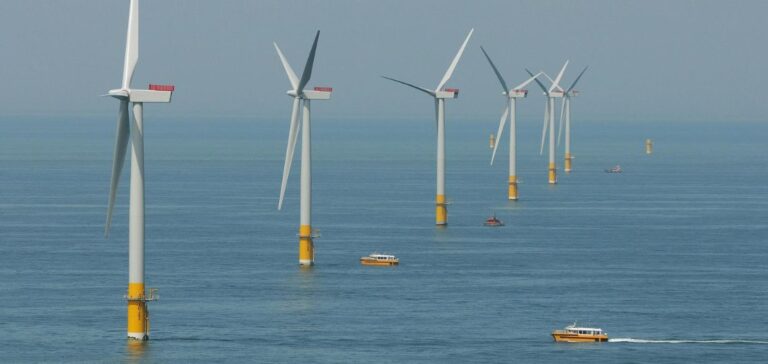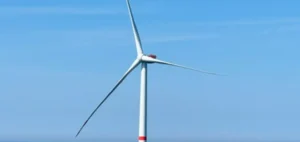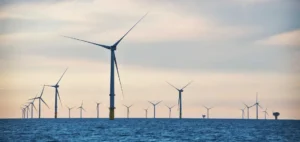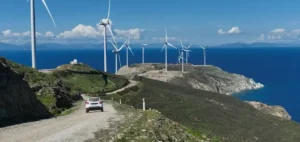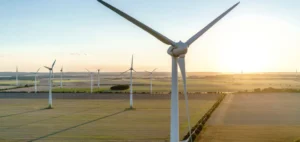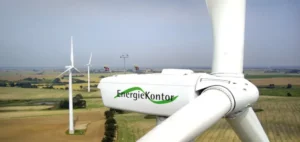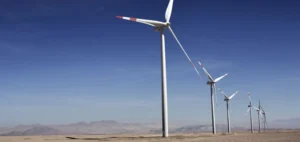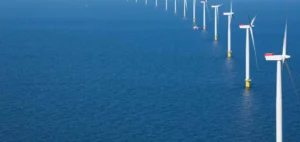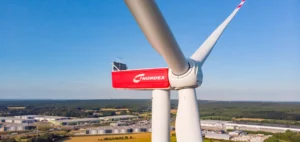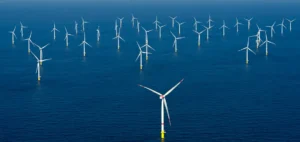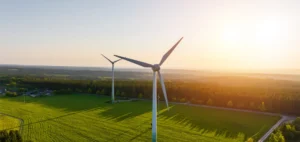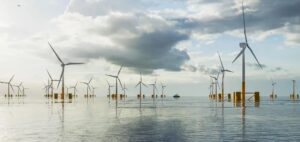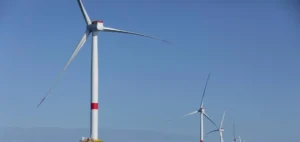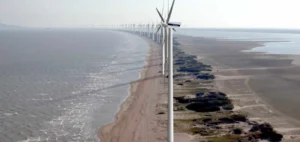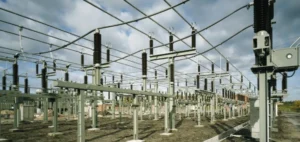Belgian retailer Colruyt announced today that it has reached an agreement with Japan’s Jera to sell its wind farm subsidiary, Parkwind, for 1.55 billion euros. Parkwind has interests in four wind farms in the North Sea, off the coast of Belgium, as well as in wind farms in Germany and Ireland, which are under development or partially operational.
The press release issued by Colruyt states that the sale will be completed by the end of the year, and that it will require the approval of several competition authorities. It is also indicated that the final price may vary depending on the date of completion of the transaction, but that it has been estimated at a minimum of 1.55 billion euros net of debt.
Jera, a joint venture between Tokyo Electric Power and Chubu Electric Power, claims a generation portfolio of over 65 GW in 18 countries. The Japanese company sees the acquisition of Parkwind as a key asset for its development in offshore wind energy, and said it has ambitions to significantly advance the expansion of renewable and low-carbon energy globally.
For its part, Colruyt believes that this sale will have a very significant positive effect on its 2023/24 financial year. At midday, the distributor’s share price jumped by almost 14% on the Brussels Stock Exchange, to 28.05 euros.
The transaction marks a significant step in the evolution of the wind energy sector in Europe.

